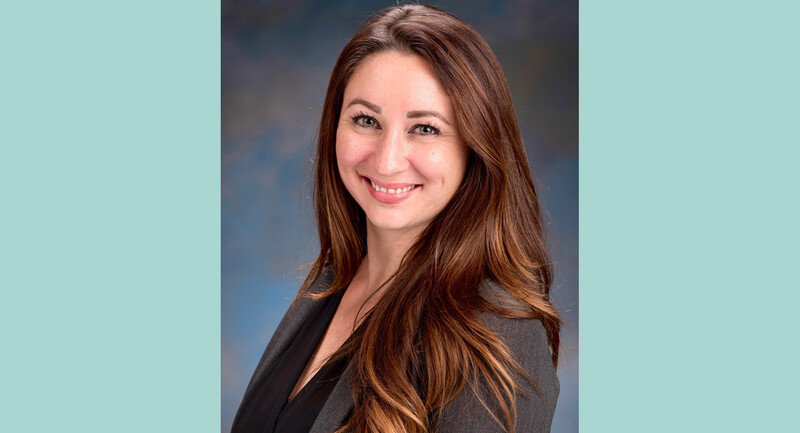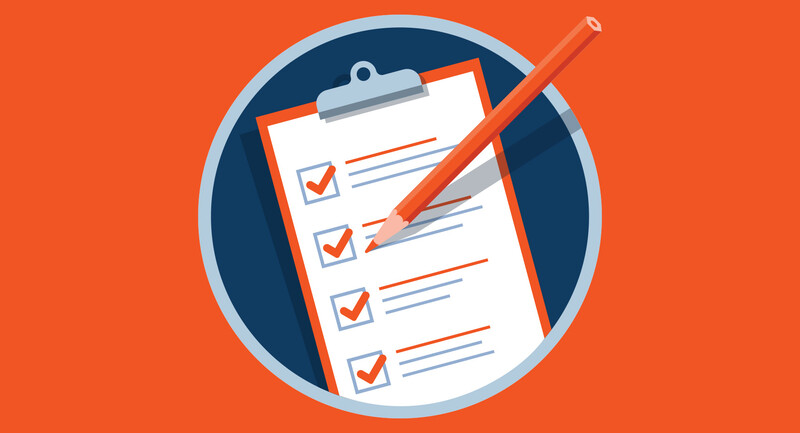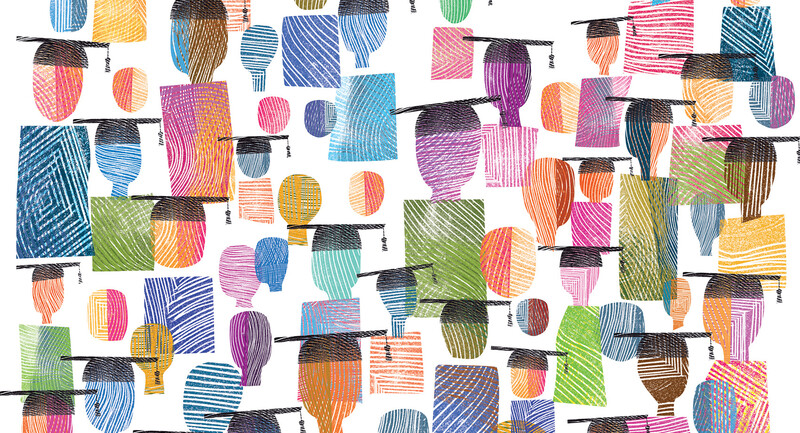What Common Education Terms Need to Go?
Gym vs. physical education. Learning disabilities vs. different abilities. The way we talk about education affects both mindset and practice. We asked educators on Twitter to tell us what popular words or phrases they think it's time to retire—and how we should replace them.
"21st century" learning. We've been in the 21st century for 20 years. It's time to aspire to be innovators and stop holding ourselves to a date that's been around longer than our high school seniors. —@mrsmartin259
We need to stop saying "urban education," which is code for teaching Black and brown students. We need to stop "tackling" and "going to the trenches." Teaching isn't going to war. We also need to stop with all things "behavior management" when we really mean controlling the bodies of Black and brown children. —@DenaSimmons
I'd like to retire "rigor." I don't want to compare learning to a stiff corpse. I like "depth" (Webb's Depth of Knowledge guide is a great framework). —@ThisGuyRic
Can we please stop saying "students with special needs" and "special ed" or "SPED" kids? Instead, let's refer to them as "exceptional learners." #stopitwiththedeficitlens —@EbonyShockley
Describing students as "low" is a gross overgeneralization and an injustice. If students are struggling, they may just need more time or a different approach. —@denise4edtech
"Equity." It's overused, not well-defined by many users, and has become trendy. We must stop talking about equity as if there is a shared understanding of what it means. It must always be qualified. —@SarojaWarner
Words like "race," "racial bias," "racist," and "racism" often conjure up feelings of discomfort, defensiveness, and disassociation rather than self-reflection and examination as practice. If we are keeping it real, we should be using "racial stamina" to signal sustained uncomfortable engagement. —@sswarner88
Retire language and activities that unnecessarily gender a group of students (addressing "boys and girls" and seating students by gender). —@ShvetaMiller
The term "hearing impaired" or "hearing impairment" makes me and everyone else involved in the Deaf community cringe! We accept: "deaf," "hard of hearing," or "hearing loss." —@bethany_loggins
Instead of "English language learner," say "bilingual emergent." This shift recognizes the cultural capital and knowledge that students already possess rather than placing their skills in a Westernized deficit framework with English as the desired linguistic status. —@@NGMSGatorsAP_2
"STEM." We reduce this to an acronym that elevates these subjects to the exclusion of all else and ignores students who have passions in the humanities. —@JCrossedu
"Tests" and "testing." When a student fails a test, the blame is often on the student. Let's talk about "evidence of learning" instead. If there is no evidence that a skill has been learned, then it needs to be retaught. —@carriefdelacruz
It's "test-prep time" and I need to make sure I "cover" everything. Instead, how about high-quality teaching and learning every day of the year? —@MathCarrie
Can we please change "classroom supplies," commodities which are consumed over the course of a school year, to "learning tools," items students use to develop and demonstrate understanding? Maybe then so many teachers won't have to purchase these items out of pocket. —@VThomasRoom110
"Classroom management," as if the classroom or students' behavior is something to be managed. Instead, let's talk about classroom culture. —@charyoung22
I really dislike "work." More power and ownership could be created by saying exactly what's going on. Students aren't "working," they are practicing a skill, process, formula, or method, or writing and creating. —@tim_eddy
I'd like to retire "push-in" special ed services. Pushing in makes it sound like the special educator is unwelcome and forcing their way in rather than a welcomed collaboration. I'd rather us talk about "inclusive educational services." —@EquitableAccess
"Best practice." From taking down chairs off desks in the morning to closing a door at the end of the hallway, my principal ALWAYS says, "This is best practice." I catch myself wondering, "Who researched that!?!" —@olivelou








